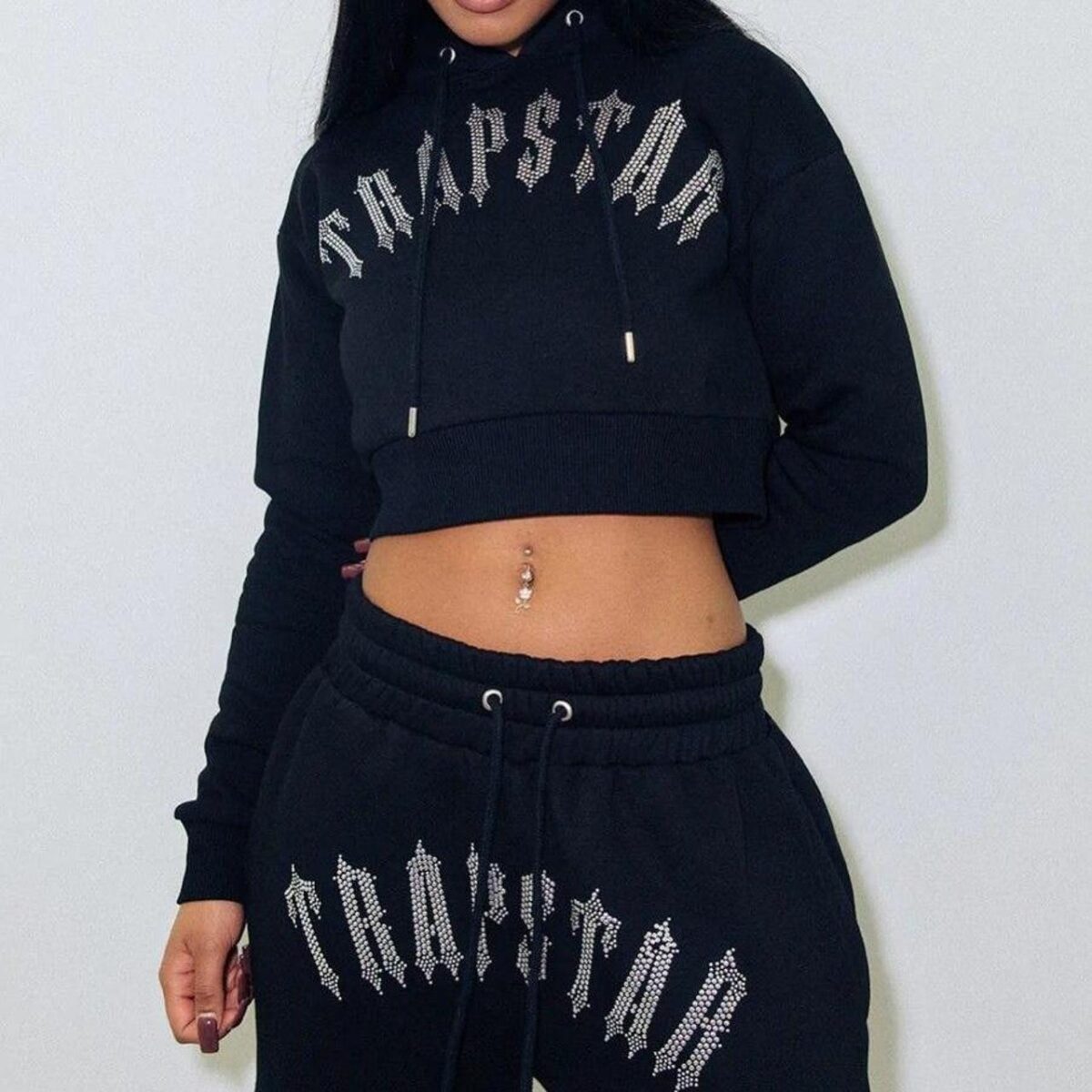Should You Sell Your Whiskey Now or Hold for a Better Price?

A single bottle of rare whiskey has sold for over $2 million at auction. The demand for collectible whiskeys is rising, but prices fluctuate based on market trends, brand reputation, and collector interest. Many whiskey buyers wonder if now is the right time to sell or if holding onto their bottles could bring even higher returns.
Selling at the right moment can maximize profit, but waiting too long can be risky. Market trends change, and not all whiskeys appreciate in value forever.
Factors That Affect Whiskey Prices
Several factors influence the market value of a bottle. Understanding these can help decide when to sell.
1. Brand Reputation and Demand
Some brands consistently attract collectors and investors. Macallan, Yamazaki, Pappy Van Winkle, and Bowmore are examples of brands with strong resale value.
A bottle from a highly sought-after brand will likely sell for a premium. If demand is high, selling now could be profitable. If demand is expected to grow, holding onto the bottle might be better.
2. Age and Rarity
Older whiskeys generally command higher prices, but this depends on rarity. Limited releases, discontinued lines, and distillery closures increase a bottle’s value.
Bottles with low production numbers or unique packaging often see price increases over time. However, not all aged whiskeys appreciate at the same rate.
3. Market Trends and Investor Interest
The market for collectible whiskeys has grown, attracting investors outside the traditional whiskey community. Some treat rare bottles as assets, similar to fine art or wine.
If investor demand remains strong, prices could continue to rise. A sudden drop in interest, however, could lower prices. Watching market trends helps determine the best time to sell.
4. Condition and Storage
The condition of a bottle affects its value. Poor storage can lead to label damage, evaporation, or discoloration, reducing resale potential.
Collectors pay more for bottles in perfect condition. If storage conditions are not ideal, selling sooner may prevent further depreciation.
Signs It’s Time to Sell
Selling now could be the best option if:
✔ The market price has significantly increased since purchase.
✔ The bottle’s condition may deteriorate over time.
✔ New releases from the same distillery could impact resale value.
✔ A collector or auction house has shown strong interest.
If a bottle is at peak value, cashing out ensures a profit before trends shift.
Reasons to Hold Onto Your Whiskey
Holding onto a bottle might be the right choice if:
✔ The brand is gaining popularity, and demand is increasing.
✔ The bottle is part of a discontinued series or a limited-edition release.
✔ Auction records show similar bottles appreciating over time.
✔ The market is stable, and long-term trends favor growth.
For example, Japanese whiskey saw a massive price surge over the last decade. Many who held onto bottles from brands like Karuizawa and Hibiki saw record-breaking returns.
Where to Sell Whiskey for the Best Price
Finding the right platform is crucial for maximizing returns. Different options cater to different types of whiskey buyers.
1. Auction Houses
High-end auction houses like Sotheby’s, Bonhams, and Christie’s specialize in rare whiskeys. Auctions attract serious collectors, often leading to high sale prices.
Pros:
✔ Access to global collectors.
✔ Potential for bidding wars that drive up prices.
Cons:
✘ High seller fees.
✘ Sales depend on auction timing.
2. Online Marketplaces
Websites like Whisky.Auction, Catawiki, and Whisky Base allow sellers to list bottles directly to collectors.
Pros:
✔ Direct access to buyers.
✔ Lower fees compared to auctions.
Cons:
✘ Requires effort to list and negotiate.
✘ Market fluctuations can affect pricing.
3. Private Sales to Collectors
Some collectors prefer to buy directly from other collectors. Private sales can eliminate fees and provide more control over pricing.
Pros:
✔ Full control over pricing.
✔ No auction house or marketplace fees.
Cons:
✘ Requires networking and finding trustworthy buyers.
✘ Can take longer to finalize a sale.
4. Whiskey Brokers
Professional brokers connect sellers with serious whiskey buyers. They handle pricing, negotiations, and transactions.
Pros:
✔ Expert valuation and pricing advice.
✔ Secure transactions with verified buyers.
Cons:
✘ Brokers take a commission.
✘ Limited to high-value bottles.
Final Thoughts
Timing the sale of a whiskey collection is key to maximizing profit. Some bottles peak in value early, while others appreciate over time. Whiskey buyers should research trends, consider rarity, and assess demand before making a decision.
If prices are rising and interest is strong, selling now could be a smart move. If the market shows signs of continued growth, holding onto rare bottles may bring even bigger returns.
Also Read: How to Sell Rare Whiskey to Investors: What You Should Know









